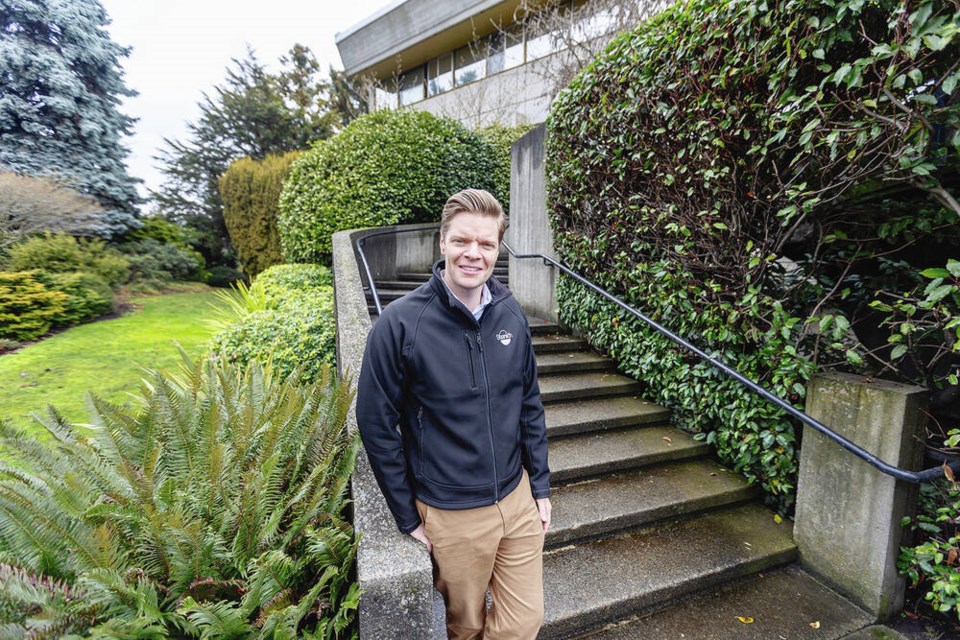Staff shortages have extended development timelines in municipalities across B.C.
The situation has become serious enough that a number municipalities now want to do something about it.
Councillors in Saanich approved a change to civic policies Jan. 22 that will tax new development and renovations to cover the resources and staff needed to support projects.
Tax revenue collected on the increase in value associated with new development and renovations will cover expenses associated with new development. Remaining funds once these line items are covered will then be used to reduce property taxes across all classes.
“The essence of this is that as a result of new construction, the new taxation is applied against costs to the municipality for further growth,” said Coun. Susan Brice, chair of Saanich’s finance committee.
Coun. Karen Harper said the move underlines that in Saanich, growth pays for growth.
Council also voted to maintain the existing split between business and residential tax rates. Currently, non-residential properties shoulder 23 per cent of the municipal tax burden while residential properties shoulder 77 per cent.
This works out to a commercial property tax rate 3.69 times that of the residential rate. Vancouver’s rate is 3.37 while the national average is 2.82, according to an analysis released last fall by market research firm Altus Group.
Brice said while businesses are paying a higher rate, it hasn’t been raised as an issue by business organizations.
Mayor Dean Murdock noted there’s always an opportunity to try to lighten the load and ensure that people are receiving good value for money, but at this point the district is “striking a reasonable balance.”
The situation is more complicated in the Okanagan, where Lake Country is reviewing options from a new development fee structure and outsourcing complex files to consultants.
Approvals can take months, sometimes more, which in many cases has boosted costs to the point where projects became unviable.
"There is no question historically doing business at the district has been challenging," acknowledged Lake Country planning director Jared Kassel while speaking at a Canadian Home Builders Association – Central Okanagan breakfast last week.
Burnout and turnover among the district’s small staff is a contributing factor to the delays developers face, he said.
Over-regulation and confusion between the official community plan and zoning bylaws, limited staff experience with complex files and a "risk averse" attitude to new development within bylaws and internal procedures are other factors at play.
Kassel has asked Lake Country council to allocate funding for additional planning staff in its upcoming budget, but the municipality is already on track for its , meaning there’s limited appetite for further expenses.
Kassel is also exploring IT solutions to improve internal processes, using consultants on complex files needing a lot of staff resources, streamlining development permit areas within the district’s official community plan, working more closely with planners at the City of Kelowna and reviewing the development fee structure to generate more revenue to offset new staffing costs.
"The district recognizes the problems we have and we are working to improve the situation in development and building,” Kassel said. "We want to create a future that works for everyone."
Lake Country Mayor Blair Ireland who one of his top priorities is to both create new housing options while at the same time fixing the permitting process that continues to frustrate builders and developers.
Over the past year Ireland says Kelowna has done a lot of work to improve both the application process and reduce red tape.
This includes to reduce the number of simple queries planning staff field, freeing them up for more complex issues. Similar moves are afoot in Â鶹´«Ã½Ó³»and at the provincial level.



